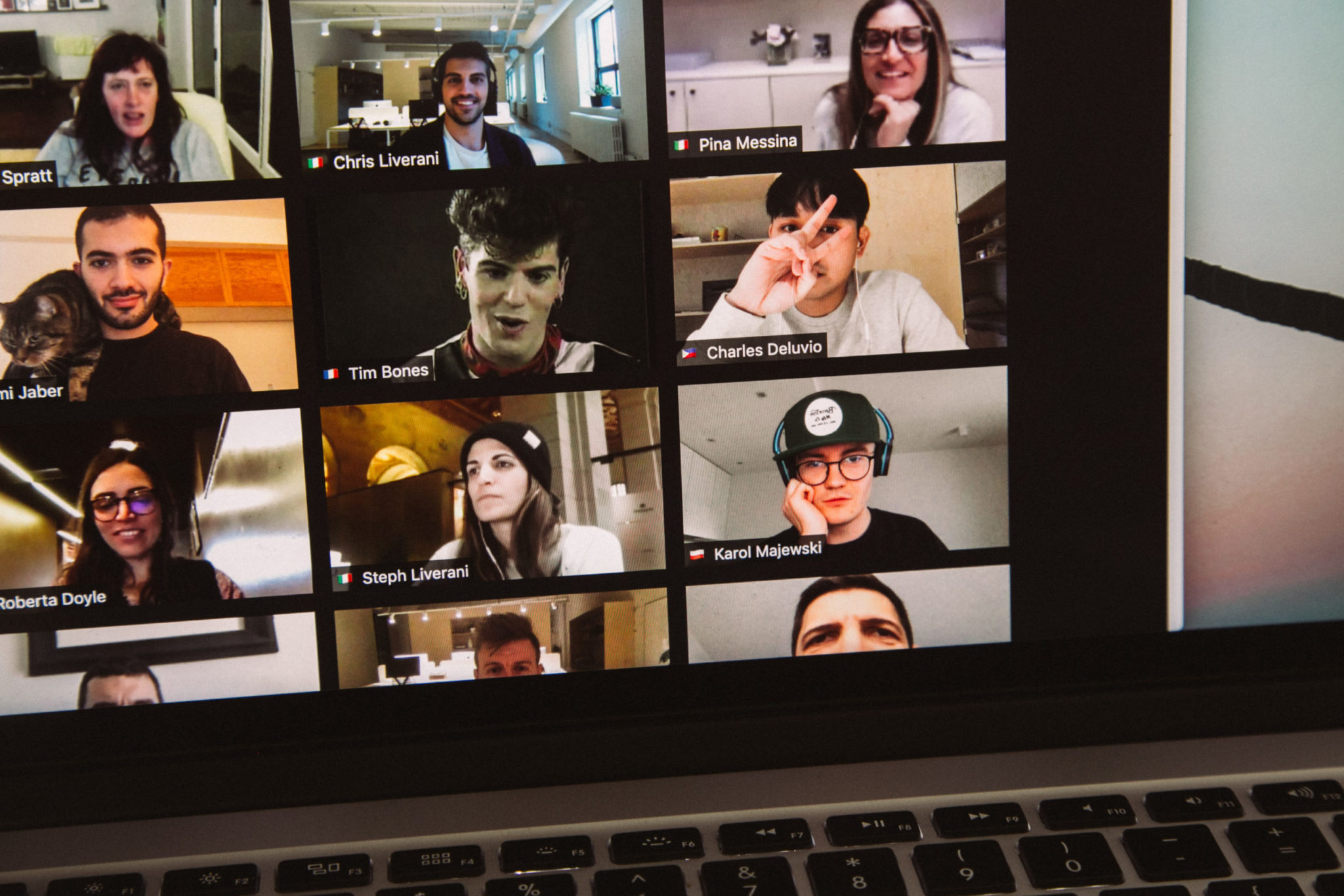
Unsplash Online
In preparation for the first full semester of online instruction, Yale has hired approximately 160 students to serve as undergraduate technology assistants, a new role designed to address the unique and unprecedented challenges of remote instruction.
UTAs, who are trained and managed by the Poorvu Center for Teaching and Learning, will be expected to work approximately five hours a week and will be paid $13.25 an hour. Their responsibilities entail assisting professors with technological issues with remote learning software. Each UTA has been matched with between one and three professors and is expected to meet regularly with them, reorganize class Canvas sites and aid students with basic technical issues. UTAs must also attend and manage synchronous Zoom classes for their assigned professors and have been tasked with assigning breakout rooms, creating polls, reviewing chat discussions and other responsibilities.
“Zoom and Canvas are complex systems that require specific technical knowledge,” said Patrick O’Brien-Sevilla, the Poorvu Center’s communication officer. “Undergraduate technology assistants focus on the technical nature of these platforms to help faculty. This allows faculty to redirect some of their energy by employing more complex teaching strategies and emphasizing learning outcomes.”
O’Brien-Sevilla explained that the new role was created largely due to feedback from the faculty on remote instruction during the spring 2020 semester, which was also held online due to the COVID-19 pandemic.
In a survey conducted by the Poorvu Center, 17 percent of the 407 faculty respondents reported technical difficulties that affected their instructional experience and abilities during the spring. Twenty-six percent of respondents also mentioned a desire for increased training focused on online teaching strategies.
The feedback prompted the Yale Faculty of Arts and Sciences Instructional Support Committee to recommend creating the UTA position, who would provide additional assistance with and expertise on teaching tools for remote instruction.
Kaci Xie ’24, a newly hired UTA, sees the new role as an absolute necessity for many classes, especially those that demand heavy use of Zoom’s features to facilitate learning.
Xie serves as the host of her assigned class’ Zoom call, manages breakout rooms, presents videos and even mutes the occasional noisy student.
“A lot of class time was saved because we weren’t busy dealing with technology,” she explained.
For many faculty members, UTAs have been a welcome addition to the new reality of teaching and learning through computer screens, representing an optimistic shift away from the abrupt and unexpected challenges posed by the previous semester.
Head of Pauli Murray College and East Asian languages and literature professor Tina Lu called her UTA “the net for the trapeze act that is teaching this semester.”
According to Lu, she was forced to spend “at least 100 hours” reworking her teaching methods last semester because of the sudden shift to virtual learning. She said that it was difficult to engage with students, teach material and navigate various platforms, without the aid of UTAs.
With the creation of the UTA program, however, Lu said she found it much more manageable to teach virtual classes.
“[My UTA made] me feel much more confident that we can troubleshoot on the fly,” Lu wrote in an email. “He helps me with breakout rooms, monitoring the chat for tech issues and any unforeseen tech problems (like switching between a shared screen to annotate and not).”
Lu is among several professors utilizing the UTA program this semester. According to O’Brien-Sevilla, so far, the Poorvu Center has worked with the Yale College Dean’s Office, the Graduate School and FAS to receive and fulfill approximately 125 faculty requests for UTAs.







